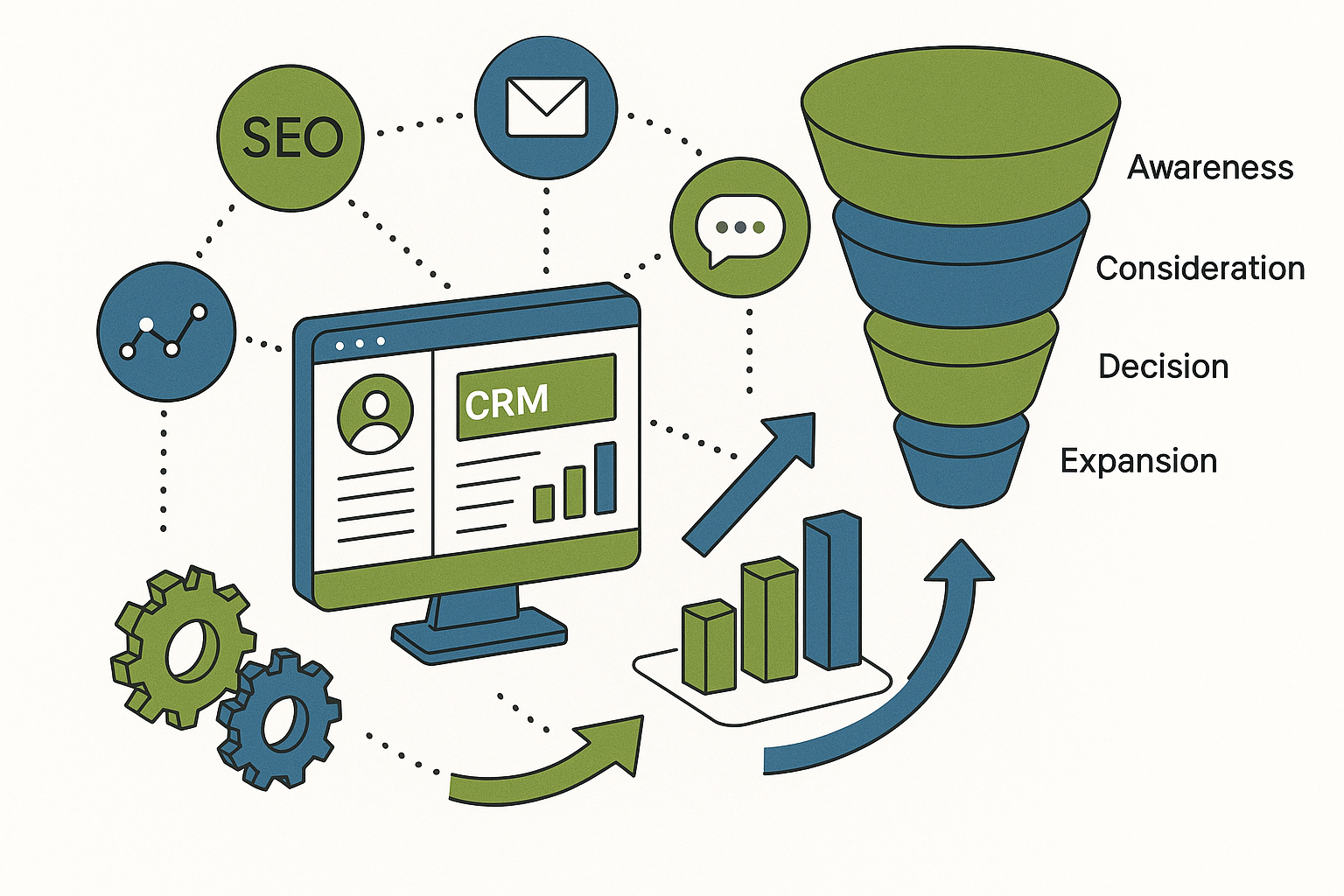Battling Decision Fatigue: A Strategic Advantage for Accounting, Investment Banking, and Private Equity Leaders
In the high-pressure world of accounting, investment banking, and private equity, leaders make hundreds of decisions each day — some small, others...



